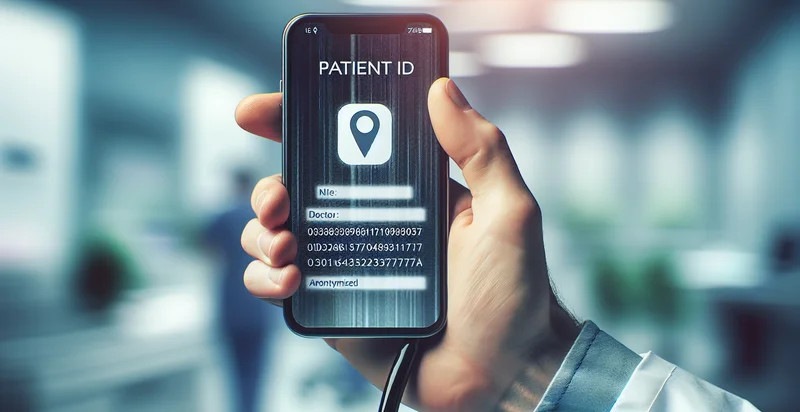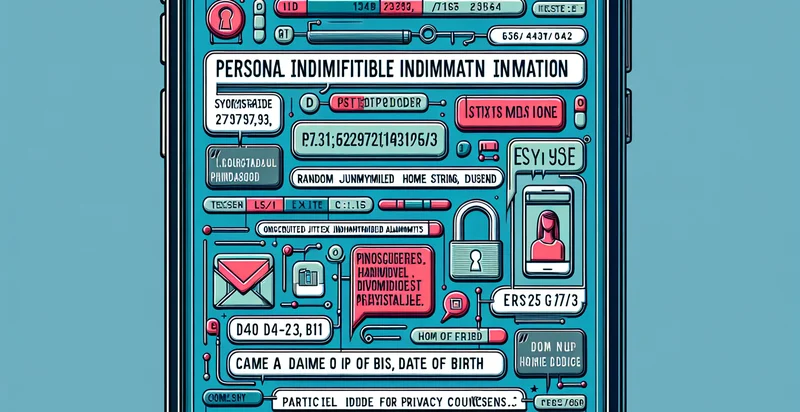Identify if patient bio contains pii
using AI
Below is a free classifier to identify if patient bio contains pii. Just input your text, and our AI will predict if the patient bio contains PII - in just seconds.

Contact us for API access
Or, use Nyckel to build highly-accurate custom classifiers in just minutes. No PhD required.
Get started
import nyckel
credentials = nyckel.Credentials("YOUR_CLIENT_ID", "YOUR_CLIENT_SECRET")
nyckel.invoke("if-patient-bio-contains-pii", "your_text_here", credentials)
fetch('https://www.nyckel.com/v1/functions/if-patient-bio-contains-pii/invoke', {
method: 'POST',
headers: {
'Authorization': 'Bearer ' + 'YOUR_BEARER_TOKEN',
'Content-Type': 'application/json',
},
body: JSON.stringify(
{"data": "your_text_here"}
)
})
.then(response => response.json())
.then(data => console.log(data));
curl -X POST \
-H "Content-Type: application/json" \
-H "Authorization: Bearer YOUR_BEARER_TOKEN" \
-d '{"data": "your_text_here"}' \
https://www.nyckel.com/v1/functions/if-patient-bio-contains-pii/invoke
How this classifier works
To start, input the text that you'd like analyzed. Our AI tool will then predict if the patient bio contains PII.
This pretrained text model uses a Nyckel-created dataset and has 2 labels, including Contains Personal Information and Does Not Contain Personal Information.
We'll also show a confidence score (the higher the number, the more confident the AI model is around if the patient bio contains PII).
Whether you're just curious or building if patient bio contains pii detection into your application, we hope our classifier proves helpful.
Related Classifiers
Need to identify if patient bio contains pii at scale?
Get API or Zapier access to this classifier for free. It's perfect for:
- Patient Privacy Compliance: This use case focuses on ensuring compliance with regulations such as HIPAA. By identifying personally identifiable information (PII) in patient bios, healthcare providers can take necessary actions to secure sensitive data and avoid potential fines.
- Secure Data Handling: This classification function can help organizations implement secure data handling protocols. By flagging bios containing PII, healthcare systems can enforce stricter access controls and monitoring to protect patient information from unauthorized access.
- Risk Assessment: Organizations can utilize this function to assess the risk associated with data exposure. By identifying which patient bios contain PII, healthcare providers can prioritize risk management efforts and deploy mitigation strategies effectively.
- Incident Response Plan Activation: In the event of a data breach, this classification can trigger specific incident response protocols. By quickly identifying which patient records contain PII, organizations can react promptly to contain the breach and notify affected individuals in compliance with legal requirements.
- Data Minimization Practices: This use case encourages healthcare providers to adopt data minimization practices. By detecting PII in patient bios, organizations can review their data collection processes and eliminate unnecessary information that may expose them to greater risks.
- Training and Awareness Programs: The classification function can be utilized to inform staff training initiatives. By using examples of flagged patient bios, organizations can educate employees on the importance of safeguarding PII and understanding the implications of mishandling sensitive information.
- Audit and Monitoring Enhancements: This use case aids in strengthening audit trails and monitoring activities within healthcare systems. By classifying patient bios with PII, organizations can implement more robust monitoring processes to identify potential data misuse and ensure compliance with internal policies.


